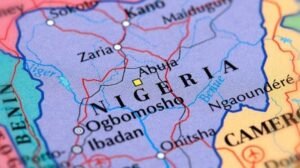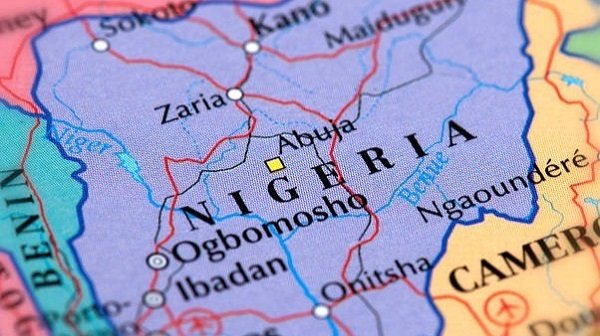Stakeholders advocating for the Anioma State creation have reiterated their firm commitment to the cause, emphasizing that the region’s deep-rooted connection to the South-East, especially the Igbo identity, is undeniable and essential to the legitimacy of their state creation demand.
In a statement signed by Chief Chiedu Odiakose, one of the coordinators of the Anioma state creation movement, the group criticized a recent commentary by Dr. Nwankwo Nwaezeigwe, Odogwu of Ibusa. They insisted that Anioma is made up of independent and sovereign kingdoms, and no single monarch—including the respected Asagba of Asaba, His Royal Majesty Obi (Prof.) Epiphany Azinge, SAN—holds the authority to dictate for the entire region.
“Anioma comprises distinct traditional entities such as Ogwashi-Uku, Onicha-Ugbo, Obior, Issele-Uku, Igbodo, Ubulu-Uku, and others. These are not subordinate territories under the control of Asaba,” the statement read. “Suggesting that one monarch can speak for all Anioma people contradicts our customs and democratic traditions.”
Central to their call for state creation is Anioma’s shared history with the Igbo nation. The group highlighted that while Anioma culture has interacted with Benin and Igala neighbors, its linguistic, ancestral, and spiritual roots are firmly Igbo. Ogwashi-Uku Kingdom, for instance, traces its lineage to the ancient Nri Kingdom in present-day Anambra State.
“Our names, spiritual practices, chieftaincy traditions, and language align almost entirely with Igbo culture,” the statement emphasized. “The late Professor Chukwuka Okonjo, former Obi of Ogwashi-Uku and a key figure in the Biafran military, symbolizes Anioma’s sacrifices in the Igbo struggle. Denying our Igbo identity erases such historic contributions.”
Addressing controversial remarks by Dr. Nwaezeigwe, the group condemned the attribution of real-life tragedies—such as the health of the Obi of Akwukwu-Igbo and the assassination of the Obi of Ubulu-Uku—to supernatural causes or taboo violations. “These are real human losses, not mystical punishments. They should never be politicized or trivialized,” they added.
The demand for Anioma State creation is not merely about redrawing boundaries—it is about restoring cultural identity and ensuring political inclusion. Odiakose asserted, “Anioma people speak Igbo, live as Igbos, and have historically suffered as Igbos—whether during the Asaba Massacre or the post-war marginalisation. Our struggle is rooted in a shared pain and history.”

Map of Nigeria highlighting regions relevant to the Anioma state creation campaign.
He further argued that aligning Anioma with the South-East would foster unity, economic collaboration, and political strength. “In contrast, being part of the South-South, dominated by differing ethnic groups, isolates and weakens Anioma’s influence.”
READ ALSO: President Bola Tinubu Rewards Super Falcons with N150m, National Honours
The group clarified that maintaining good relations with Edo and other neighbours does not require abandoning their Igbo heritage. “Peaceful coexistence is not equivalent to cultural denial,” they said.
In conclusion, they emphasized that the future of Anioma State must be shaped by historical truth and the democratic will of the people—not by political maneuvering or isolated traditional figures. “The call for Anioma State creation is rooted in identity, justice, and unity with our Igbo kin. It is time to let the people decide their own path, based on facts and heritage—not fear and manipulation.”


